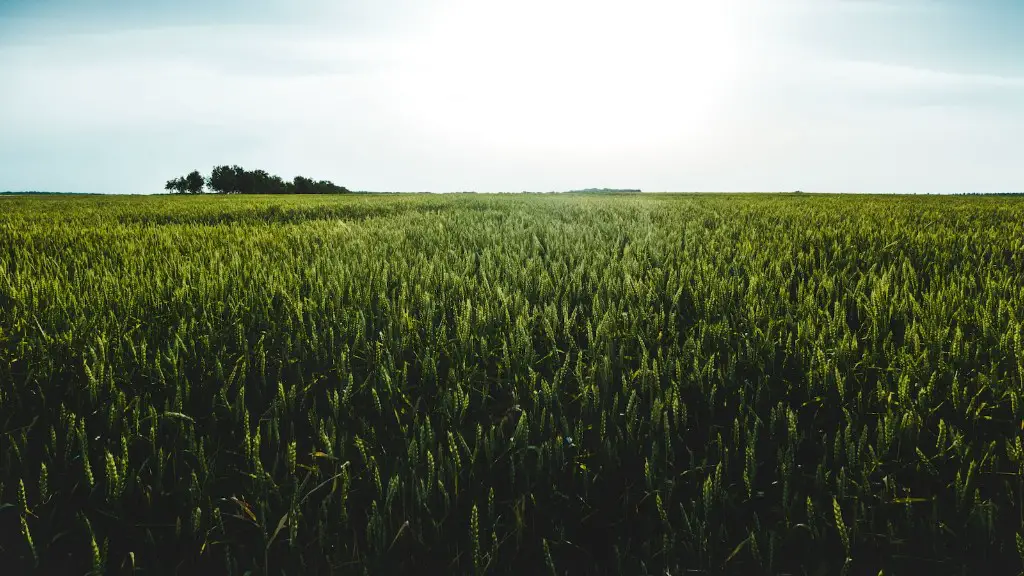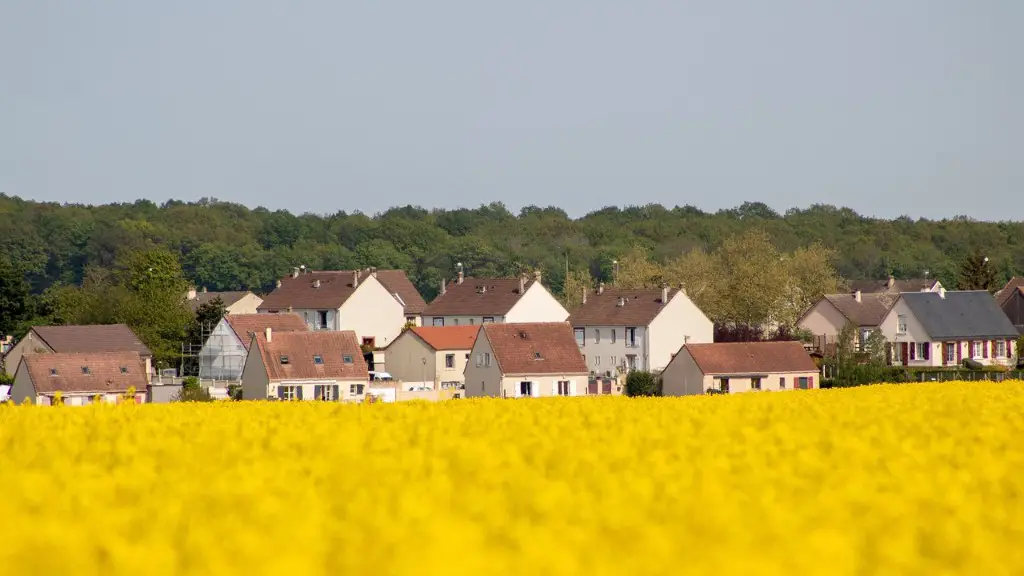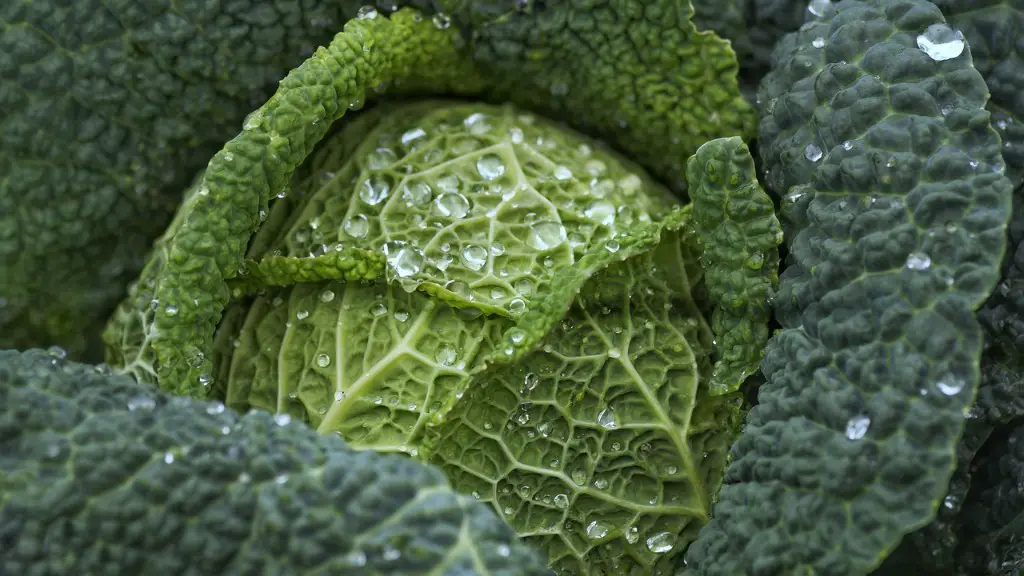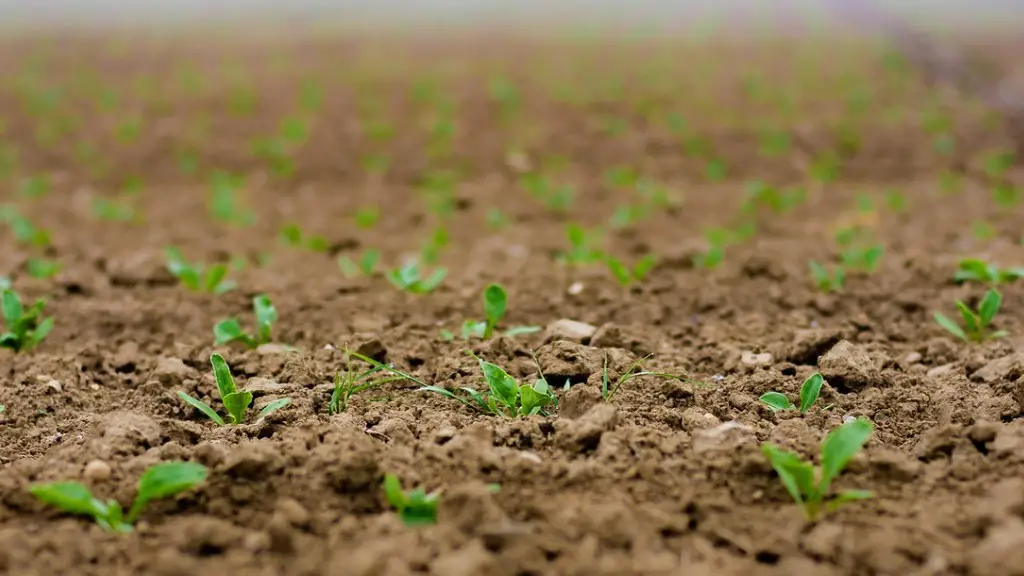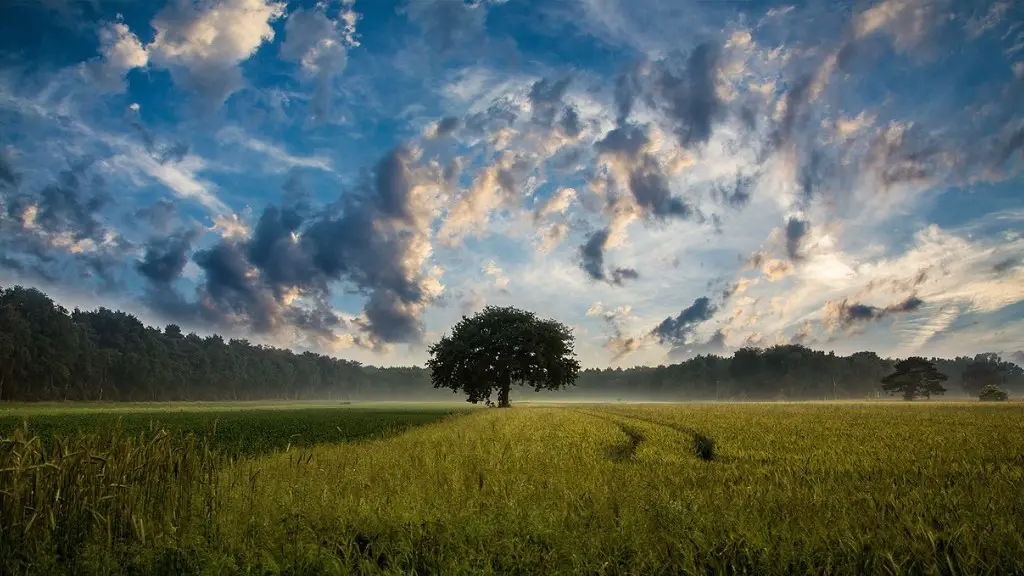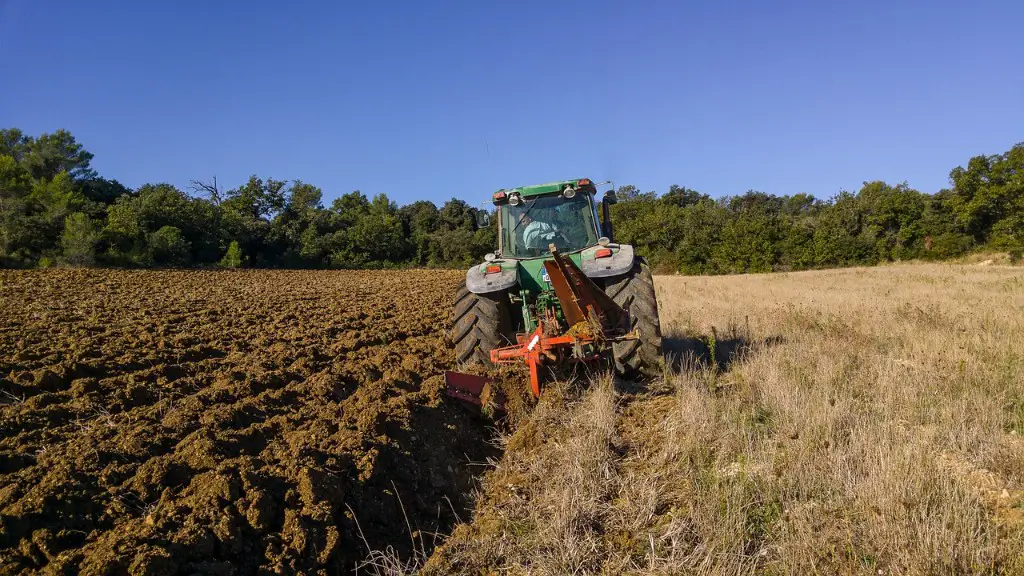Agriculture has been a vital part of human society for thousands of years. It is responsible for providing us with food, clothing, and Shelter. Over the millennia, it has also proved to be a major source of employment and a key driver of economic growth.
In recent years, however, the impact of agriculture on our lives has become increasingly visible. As the world population has grown, the demand for agricultural products has increased dramatically. This, in turn, has resulted in larger farms, more mechanization, and more use of chemical fertilizers and pesticides.
The agriculture sector has also been a major contributor to environmental problems such as deforestation, soil erosion, and water pollution. In addition, the over-exploitation of fisheries and the destruction of habitats have led to the decline of many species of animals and plants.
Despite these challenges, agriculture continues to play a vital role in our lives. It is an essential part of the global food system and is responsible for providing us with the food we need to survive. For many people, agriculture is also a source of livelihood and a way to earn a living.
agriculture has played a significant role in making life easier for people. It has provided us with food, shelter, clothing, and other necessities of life. It has also helped us to develop new technologies and to improve our overall standard of living.
How did agriculture make life better?
More abundant food supplies could support denser populations, and farming tied people to their land. Small settlements grew into towns, and towns grew into cities. Agriculture produced enough food that people became free to pursue interests other than worrying about what they were going to eat that day. This allowed for the development of civilizations and the advancement of humanity as a whole.
Farming allowed people to stay in one place and not have to travel to find food. They could grow crops or raise animals on nearby land. This led to people living in settled communities with stronger, more permanent homes. They also built walls around their settlements to protect themselves.
How did agriculture change human life
Agriculture has been the foundation of human civilization for millennia. Out of agriculture, cities and civilizations grew, and because crops and animals could now be farmed to meet demand, the global population rocketed—from some five million people 10,000 years ago, to more than seven billion today.
Farming allowed for the domestication of plants and animals, which in turn led to the development of civilizations. Agriculture allowed for the growth of cities and the rise of civilizations. With the domestication of plants and animals, people were able to farm to meet their needs, and the global population exploded. Today, there are more than seven billion people on Earth, thanks in large part to the agricultural revolution.
Farming allowed for a more reliable food supply, which in turn allowed for more humans to survive. Hunter-gatherers were often at the mercy of the whims of nature, but with farming, people could control their own food supply to a certain extent. This allowed for the development of civilizations and the growth of populations.
What are 3 benefits of agriculture?
Without agriculture, human beings would not be able to survive. Agriculture provides us with the food we need to eat, the shelter we need to live, and the clothing we need to wear. Raw materials such as crops for food, silk for cloth, and wood for shelter, all come from agriculture. Without agriculture, we would be lost.
Agriculture is the main source of raw materials for many industries. It is also important to international trade and the economy of a nation. Agriculture provides employment for many people and is crucial to a country’s development. It can also help to heal the environment.
What is the positive impact of agriculture?
While agriculture can have negative impacts on the environment, it can also have positive impacts. For instance, agriculture can trap greenhouse gases within crops and soils, or mitigate flood risks through the adoption of certain farming practices. These positive impacts can help offset the negative impacts of agriculture, and overall improve the environment.
The Agricultural Revolution was a pivotal moment in human history, and set the foundation for what we know as modern human life. The ability to stay in one general area and cultivate our own food made life much more manageable, and contributed to the growth of human society in terms of culture, technology, and more. This Agricultural Revolution was a truly game-changing event that shaped the world as we know it today.
What are the advantages of farm life
There’s something special about farm life – it equals freedom. You can paint your home or barn whatever color you want. You can plant fruits and vegetables in your front yard, back yard, or even your roof! There are no pesky homeowners association rules or apartment regulations to deal with. You’re free to live your life the way you want to.
The Agricultural Revolution is one of the most important events in human history. It marks the transition from a hunting and gathering lifestyle to one based on the domestication of plants and animals. This revolution allowed for the development of civilizations and the growth of cities and states. It also had a profound impact on the environment and the way we use natural resources.
What are the impacts of agriculture to the society?
The goal of agriculture is to produce food for humans and animals. However, the way we currently farm is putting a lot of pressure on the land and water resources of the planet. This often leads to land degradation, such as soil erosion and salinization, and eutrophication. Agriculture is also a major contributor to greenhouse gas emissions.
The Agricultural Revolution was a period of great change for humans. People who had previously been hunters and gatherers were now starting to become farmers. Farming allowed people to produce more food than they could actually eat, which meant that some people were able to spend their time doing other things. This period of change led to the development of civilizations and the rise of cities.
Why is it better to live in agricultural society
People in agricultural societies tend to live more settled lifestyles than those in nomadic hunter-gatherer societies. This is because they live permanently near the land that is farmed, rather than moving around to different areas.
It is essential to understand the role that agriculture plays in providing raw materials for key businesses and industries. Many everyday items and products would not be possible without the raw materials sourced from agriculture. Therefore, it is important to support and invest in the agricultural sector to ensure a continued supply of essential raw materials.
What are 2 positives of agriculture?
Society relies on agriculture in many ways. It provides food for people to eat, but also supports livelihoods through jobs and habitat. Agriculture also provides raw materials for products like food and clothing. Finally, agriculture is a key part of many economies, through trade.
The very poorest people in society benefit the most from agricultural growth. This is because agricultural growth increases the demand for labor, which in turn increases the chances of getting a job and earning an income. Moreover, agricultural growth usually leads to higher wages, which again increases the amount of money that can be earned by selling one’s labor.
Final Words
In many ways, agriculture has made life easier for humans. For instance, agriculture has allowed us to domesticated plants and animals, which has made it possible to have a more reliable food supply. Agriculture has also allowed us to settle in one place and create civilizations.
Agriculture has made life easier by providing food and other resources that we rely on. It has also allowed us to live in more settled communities and to develop complex civilizations.
